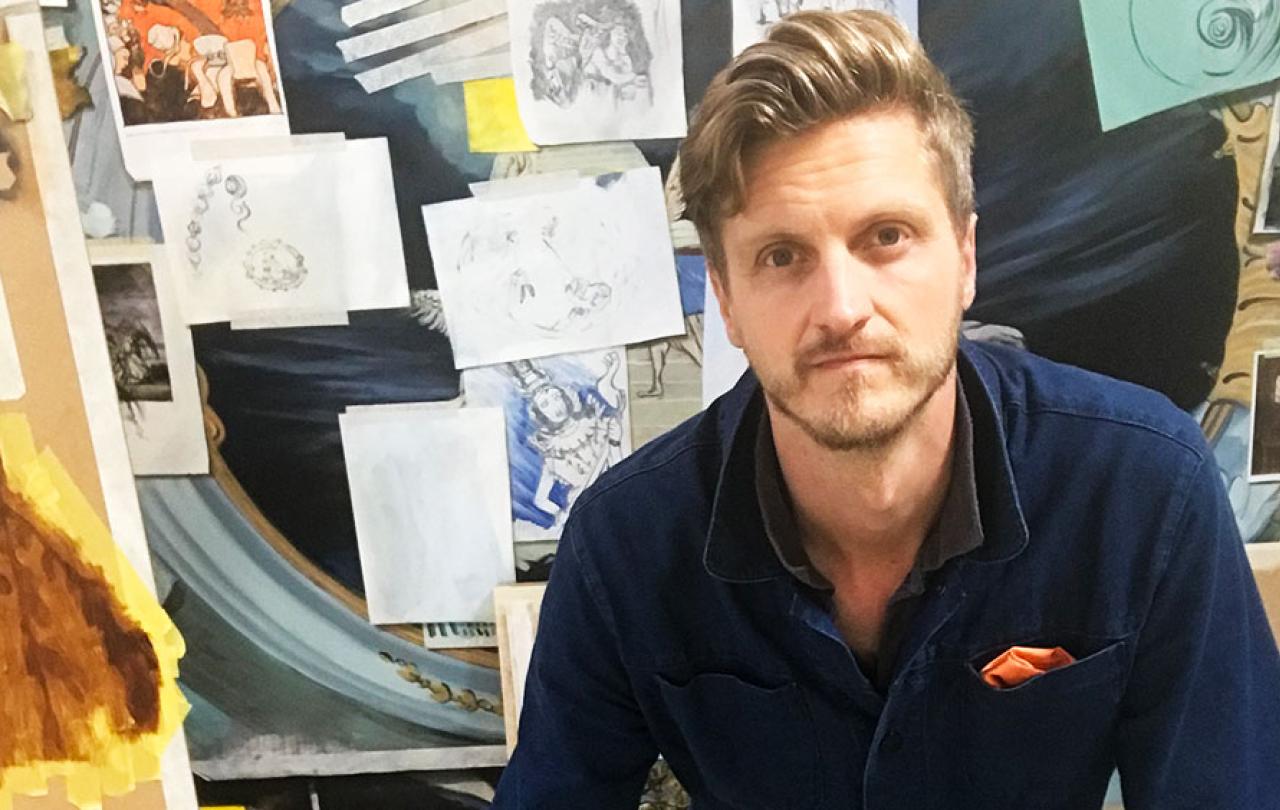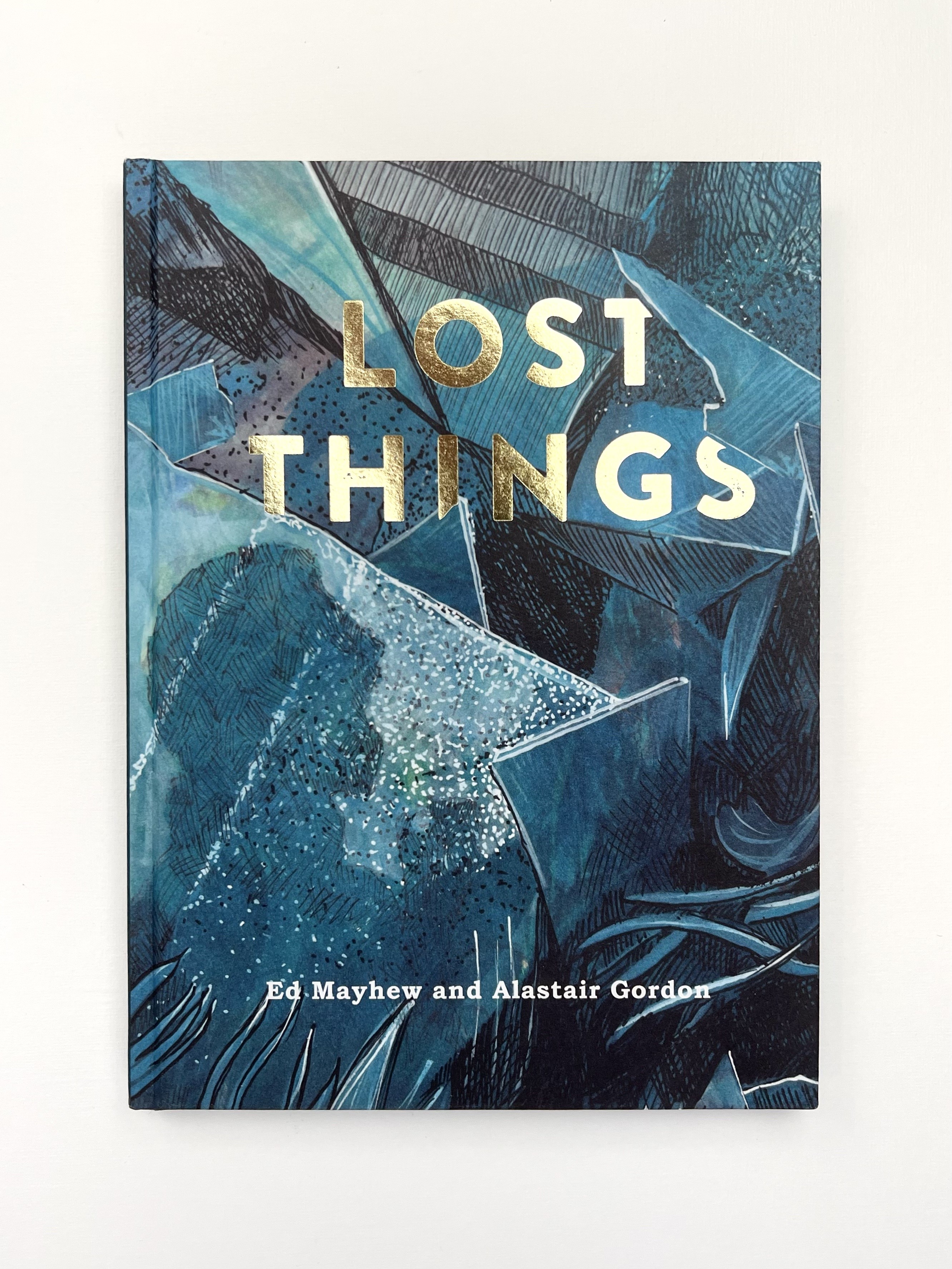
It's Sunday evening. Along with most golf fans, I'm still up around 1 am, gripped by the drama unfolding on the famous course at Augusta, Georgia. Despite being one of the world’s best golfers, for the past eleven years, Rory McIlroy has been carrying around three big burdens. One, he has never won the Masters, one of golf’s iconic competitions. Two, he last won a ‘major’ eleven years ago and inexplicably has kept missing out on winning golf’s biggest tournaments. Three, there is the ‘career grand slam’ – winning all four ‘majors’ (of which the Masters is one) – something only five golfers in the history of the game have done before, none of them European. Rory has won three of them, but this one – The Masters - has always eluded him.
After four agonising days, with his fortunes switching this way and that like a drunk driver careering down a road, Rory stands over a four-foot putt on the final play-off hole, one that even average amateur golfers like me would expect to make. Heart pounding, he nudges the ball forward. As it rolls into the white-ringed hole, his knees crumple, shoulders shake, as tears of relief and joy pour down his face. You can almost see all three burdens roll away in that moment. As he put in in a post-round interview: “This is a massive weight that's been lifted off my back.”
As a self-confessed fan of Rory, who seems genuinely humble and likeable, with a golf swing as smooth as butter, I punch the air, probably like most golf fans around the world. Watching the post-round interviews, you can sense his elation and liberation. As Scottie Scheffler, last year’s winner, clothes him in the coveted green jacket, awarded to all winners of the tournament, Rory cannot stop grinning, wandering around the Champions’ Locker Room, which he has had no right to enter until this point, like a kid in a sweet shop.
Now I’m sure the golf committee at Augusta National never thought for a moment they were drawing on rich religious imagery for their award ceremony and the emotions generated in winning their tournament, but Rory’s relief made me look up a moment in John Bunyan’s Pilgrim’s Progress. The parallels in this old tale of Puritan faith were even more striking than I expected.
In Bunyan’s dream-story, the main character, Christian, having been through years of tests, trials, ups and downs, reaches the climax of the tale as he reaches Calvary, the place where the cross of Jesus Christ stood:
Just as Christian came up to the cross, his burden loosed from off his shoulders, and fell from off his back, and began to tumble; and so continued to do till it came to the mouth of the sepulchre, where it fell in, and I saw it no more.
Then there was the tearful joy and relief:
Then was Christian glad and lightsome. He looked therefore, and looked again, even till the springs that were in his head sent the waters down his cheeks.
There was even the celestial equivalent of the green jacket. Three angels appear, and one of them:
…stripped him of his rags, and clothed him with a change of raiment. And unto him he said, Behold, I have caused thine iniquity to pass from thee, and I will clothe thee with change of raiment.
Burdens rolled away, tears of joy, dressed in new clothing. It’s all there.
Yet this comparison tells of a difference.
Bunyan’s relief was about forgiveness. Rory McIlroy’s came from winning a game of golf. His Twitter / X self-designation delightfully used to read: “I hit a little white ball around a field sometimes.” (It now reads ‘Grand Slam Winner’ - not so good in my humble opinion).
The lessons drawn were all about persevering, persistence, getting there in the end. Looking across at his young daughter Poppy, Rory said:
‘Never, ever give up on your dreams. Keep coming back, keep working hard, and if you put your mind to it, you can do anything.’
Yet of course there was nothing inevitable about his victory. It could so easily have gone the other way. His putt might have slid past the hole, Justin Rose, his play-off opponent might have sunk his, and Rory might never have won the Masters, never won the Grand Slam. That is the nature of sport. However strong your dreams, however good your skills, winning is never guaranteed. Not everyone’s dreams come true. It's simply not true that “if you put your mind to it, you can do anything.” Ask Justin Rose.
Bunyan’s relief is something completely different. It's not the relief of having achieved something. It's the relief of receiving something - a totally undeserved gift - more like a prisoner receiving news of an unexpected release, or someone owing huge debts receiving a windfall which enables her not only to pay off the debts but to live comfortably in the future.
The relief of the winner who finally achieves their dream is wonderful to watch. But for those whose dreams don't get fulfilled, for the likes of Justin Rose, who at age 44 seems destined never to win it, that kind of joy remains tantalisingly out of reach.
Christian’s tears of happiness are not the tears of the winner but of the loser. They are for those whose dreams never come true as well as those whose do. They are for those who fall short yet are given the gift of forgiveness, peace and hope. They are - potentially at least - for all of us, winners or losers.
Celebrate our 2nd birthday!
Since Spring 2023, our readers have enjoyed over 1,000 articles. All for free.
This is made possible through the generosity of our amazing community of supporters.
If you enjoy Seen & Unseen, would you consider making a gift towards our work?
Do so by joining Behind The Seen. Alongside other benefits, you’ll receive an extra fortnightly email from me sharing my reading and reflections on the ideas that are shaping our times.
Graham Tomlin
Editor-in-Chief







